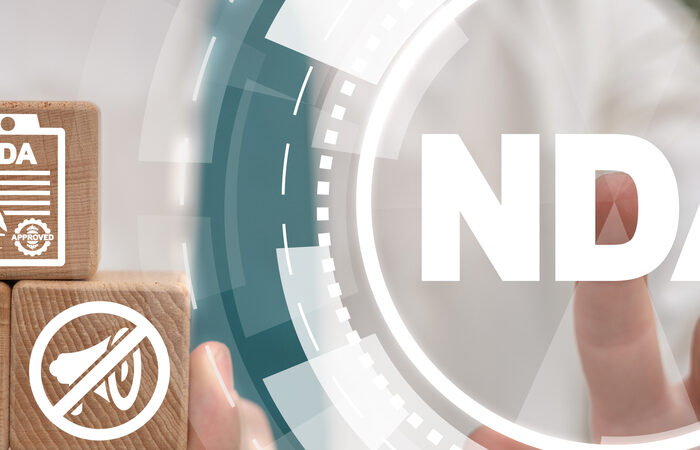5 Must-Have Workflows for Legal Operations, Part 2: Self-Service NDAs
Here’s a compelling fact about digitizing Legal Ops workflows: When automated, 44% of executed self-service NDAs are now completed within an hour.
The length of time this takes, and the bottlenecks and delays it creates, has given rise to a number of very pointed questions:
- Why do NDAs take weeks or even months?
- Why do we negotiate the same items everyone pushes back on?
- Does the legal team really need to actively participate in an NDA that relies on templated information?
There’s nothing more frustrating for leadership than deals that could have gone faster – or even worse – deals that fell through on account of lag time.
With self-service NDAs, this risk (among others!) can be greatly mitigated.
Why automate NDAs?
For starters, there’s the sheer number of disadvantages that manual, paper-driven NDA processes present:
- The tedium of manual repetition causes errors.
- The volume of NDAs in even a mid-sized company can be overwhelming to track and costly to process manually.
- They’re too slow, especially if it’s a sales or support opportunity where quick turnaround matters.
- There are often unsanctioned templates in use across the organization (or even the same department).
- NDAs are often not created, signed, submitted or routed properly.
- There’s poor instruction to the submitting party on how to fill out and file the NDA.
- Employees often don’t know how and when to use NDAs or manage that process.
- Legal staff has little or no visibility or control over any in-progress workflow.
- Tracking signatures and approvals is difficult.
- Erroneous routing means the same NDA can see conflicting review by multiple attorneys/gatekeepers.
- There’s no visibility as to whether or not an existing NDA is already in place.
The final advantage? The low, low costs of self-service NDAs
Plus, let’s not forget the sheer cost of manual NDA processes. In one case study, the pioneering legal digital transformation consultants at Keesal Propulsion Labs found:
One company estimates a savings of $135K a year after automating and streamlining their NDA process. Of the NDAs distributed for signatures, 85% are now signed, up from 50% originally.
Our focus? On your success.
Schedule a demo, or learn more about Mitratech’s products, services, and commitment.



